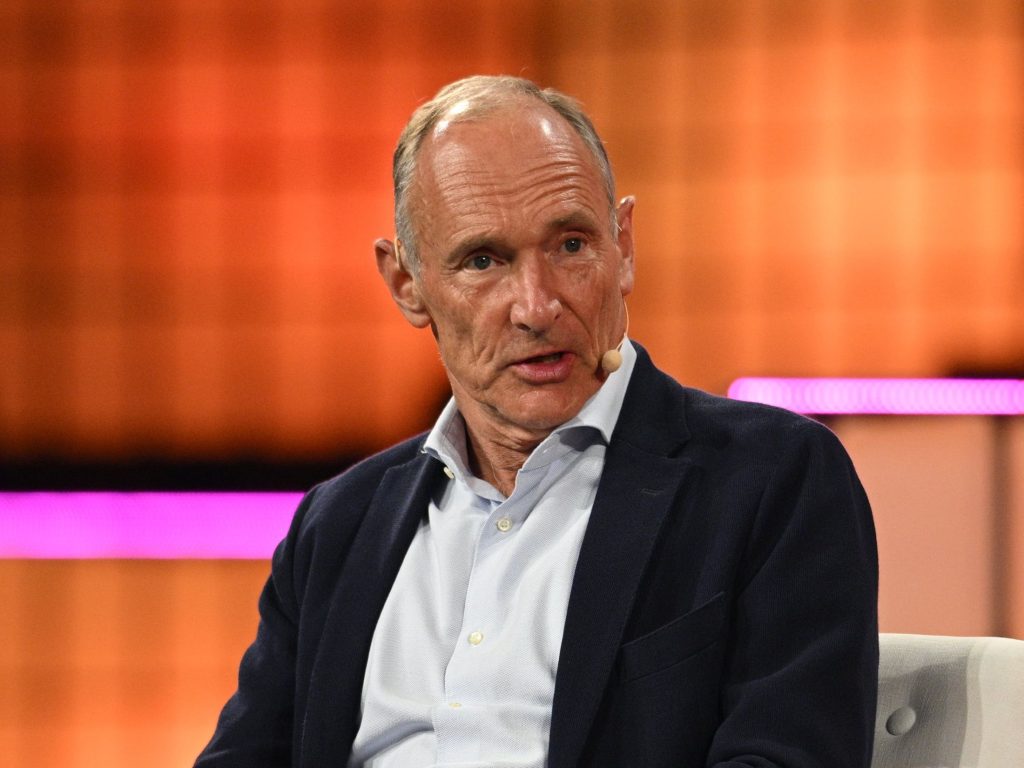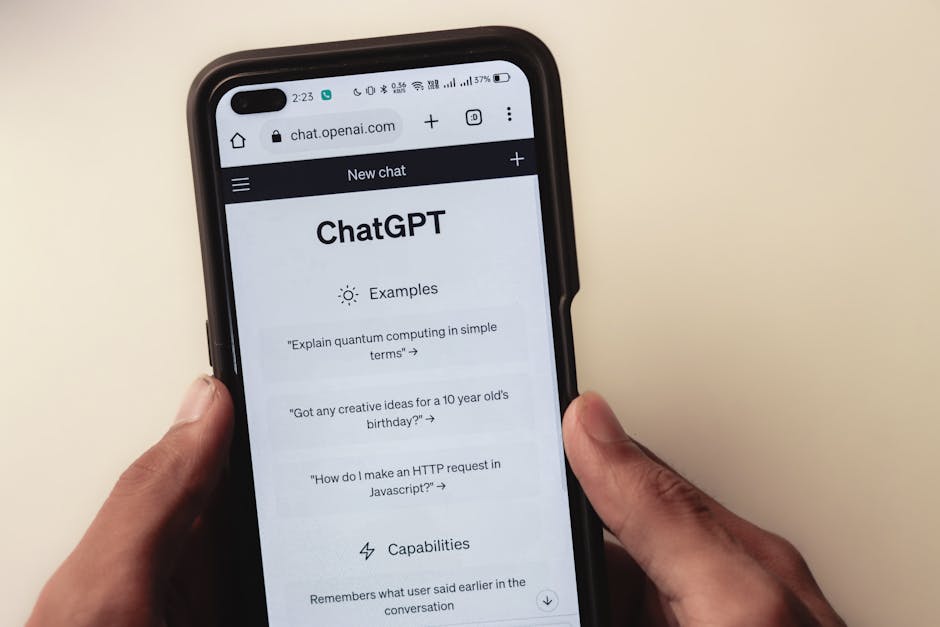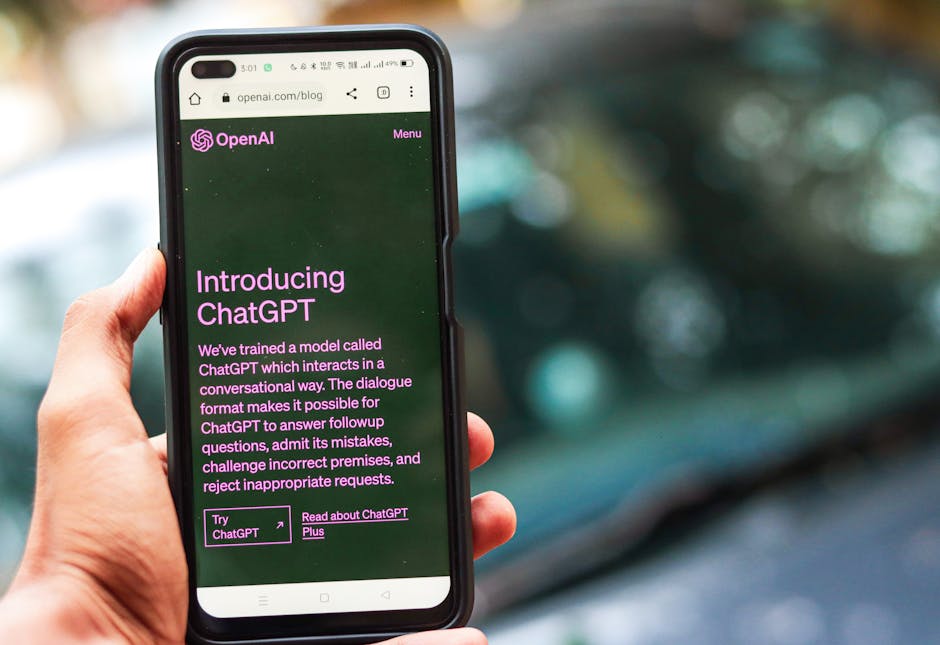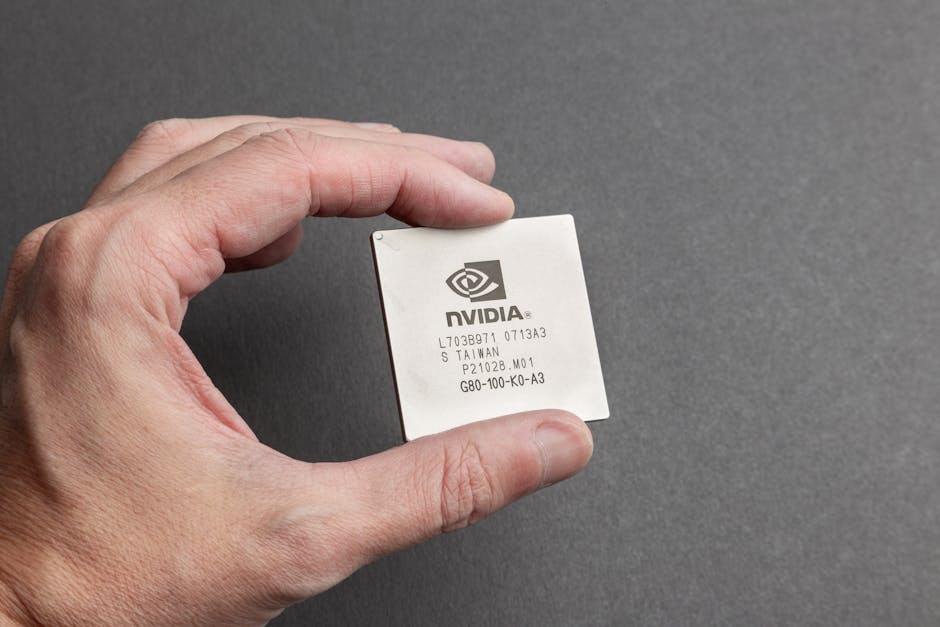Restoring the Open Web: Tim Berners-Lee’s Vision for a Free Internet

The World Wide Web, an invention that revolutionized global communication, is far from the open and free entity its creator, Sir Tim Berners-Lee, envisioned over three decades ago. In a reflective piece, Berners-Lee expressed his concerns about how the web has evolved away from its founding principles into a commercialized platform dominated by a few powerful corporations. But with determination and innovative solutions, he believes it’s not too late to reclaim the web’s original spirit.
The Birth of the Web: A Vision of Collaboration

Pexels
At just 34 years old, Berners-Lee conceptualized the World Wide Web while working at CERN. His pioneering idea was to merge the internet with hypertext to create an interconnected global platform for creativity and collaboration. Despite initial skepticism from his colleagues, his persistence paid off, leading to the groundbreaking decision in 1993 to place the web’s intellectual property into the public domain. This selfless act made the web universally accessible and contributed to its explosive growth worldwide. Berners-Lee reflected, “We gave the web away to everyone,” underscoring his commitment to an open and free internet.
Challenges of Web 2.0: The Loss of Openness

Pexels
Fast forward to the Web 2.0 era, and Berners-Lee is critical of the current state of the internet. The rise of tech behemoths has concentrated power, turning user data into a commodity. Platforms harvest immense troves of personal information, which fuels targeted advertising and addictive algorithmic design. This data-for-service model not only invades privacy but also fosters the spread of misinformation and harmful content. Berners-Lee points out that the mental health repercussions, particularly among teenagers, are alarming. His open web dream has been overshadowed by a system that prioritizes profit over people, leaving users as products rather than empowered participants.
Solid: A Path to Data Sovereignty

Pexels
Despite these daunting challenges, Berners-Lee champions an alternative framework with Solid, an innovative open-source standard developed at MIT. Solid reimagines how individuals interact with their data by introducing personal online data stores, or “pods.” Instead of ceding control to platforms, users decide what to share and with whom. This revolutionary shift restores data sovereignty, empowering individuals to retain ownership of information ranging from health metrics to social media posts. As he puts it, “You should own it. You should be empowered by it.” Solid offers a way to realign the web with its original ethos of control and creativity for the individual.
The Future of AI: Learning from the Past

Pexels
Looking ahead, Berners-Lee warns against repeating the mistakes of Web 2.0 with the advent of artificial intelligence. He emphasizes the urgency of creating governance structures to prevent monopolies from dominating this transformative technology. Inspired by collaborative models like CERN, he suggests the establishment of a non-profit international body to guide AI’s development for public benefit rather than private gain. By applying frameworks similar to those used for trusted professionals like doctors and lawyers, Berners-Lee envisions AI systems that operate ethically and transparently.
A Call to Action for a Better Web

Pexels
Ultimately, Berners-Lee remains optimistic that the web can be reclaimed as a tool for global collaboration and innovation. His vision aligns with broader Web 3.0 trends, such as blockchain and decentralized governance models (DAOs), which aim to restore power and transparency to individuals. However, achieving this vision requires both political will and societal commitment to regulation and responsible technological development. “It’s not too late,” Berners-Lee asserts, calling on governments, organizations, and individuals to work together to shape a web that serves humanity rather than corporate interests.
The founding principles of the World Wide Web—a spirit of openness, collaboration, and accessibility—can still be preserved and advanced. By addressing the systemic issues of data ownership and monopolistic power, Berners-Lee’s efforts offer a pathway to a digital future where innovation thrives and individuals are truly empowered.







